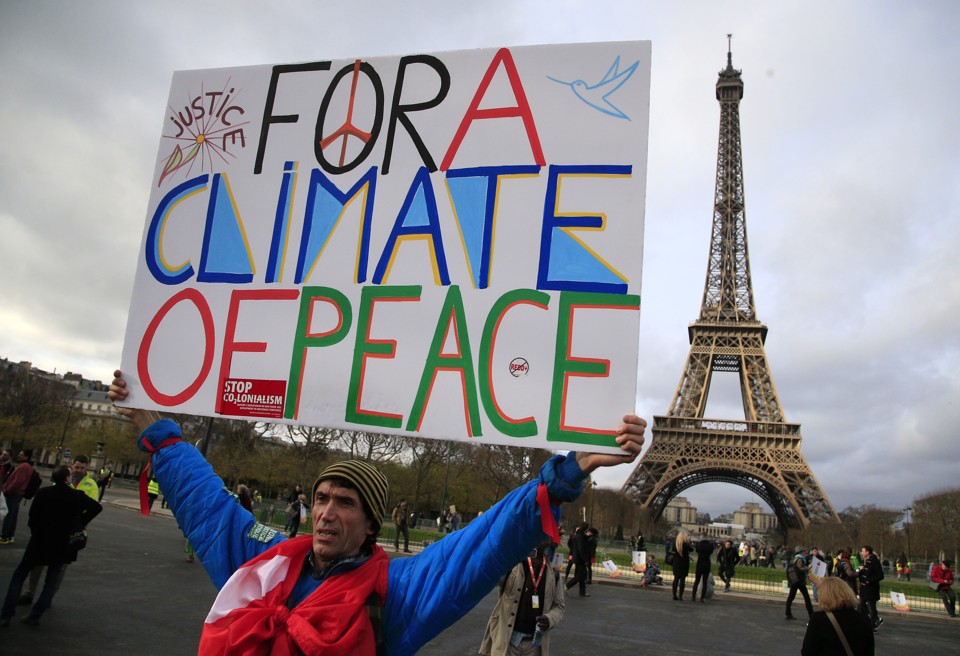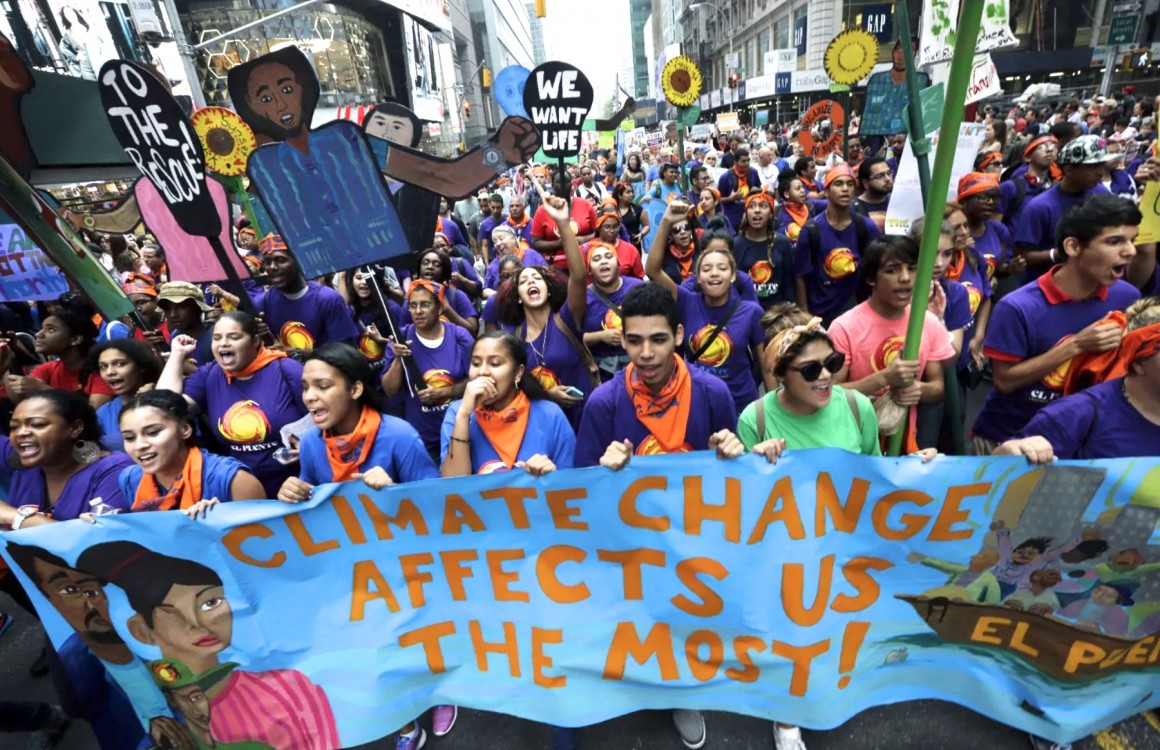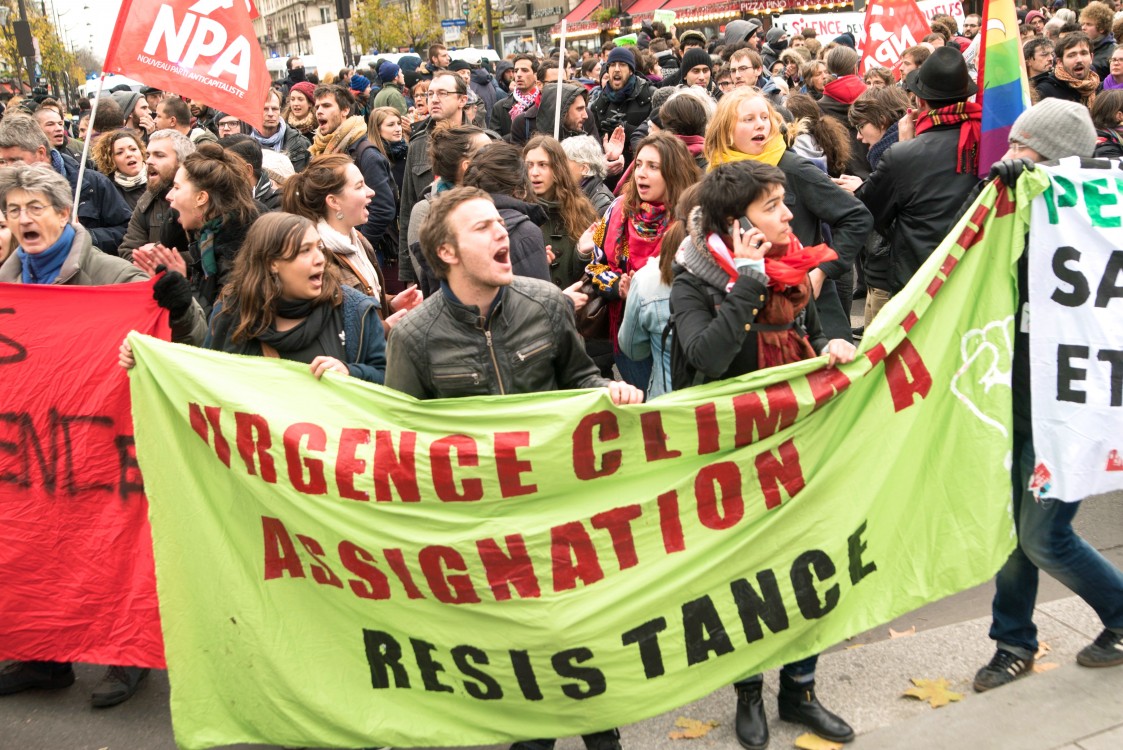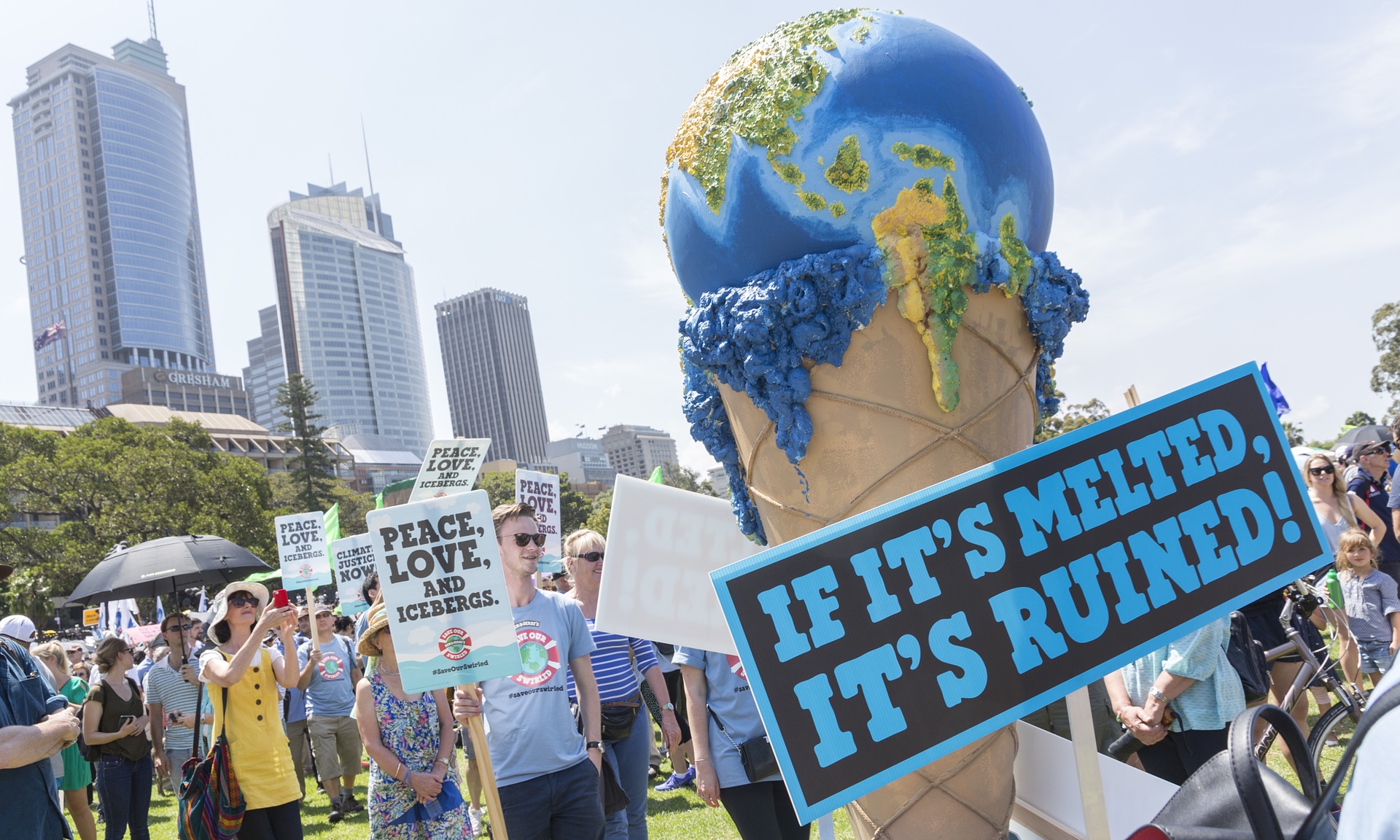
A groundswell of litigation actions against the perpetrators of climate change is emerging across the globe. Last Tuesday, Greenpeace, Nature and Youth began legal proceedings against the Norwegian government for its decision to issue licenses to drill in the Arctic. The case asserts that by granting drill licenses in the fragile Arctic territory, Norway is contravening its climate commitments made last year in Paris.
Media are reporting the case is both “ground-breaking” and “unprecedented”. But neglected are the series of other legal actions currently underway around the world targeting Big Oil, giant polluters and the states that continue to under-regulate crisis-causing emissions.
A Pattern of Climate Suits
In July 2016, the Philippines Commission on Human Rights called 45 oil majors and other carbon intense industries to court. Initiated by typhoon survivors and a coalition of NGOs, the Commission aims to sue climate profiteers by applying the concept of climate debt.
This concept asserts that those who caused and profited from climate change should pay for the damage, and should also pay those communities and nations – particularly in the Global South – that must forgo wide-scale carbon burning in order to reach a safe climate future. Peer-reviewed research from 2013 shows that 90 corporations are responsible for 63 percent of the world's cumulative carbon emissions.
For the Philippines, this has resulted in the archipelago nation being hit every year by worsening typhoons. Haiyan alone, which struck in 2013, killed more than 6,000 people and displaced over half a million.
Climate Cases in the Western Hemisphere
Another case commenced in the U.S. in April of this year, when plaintiffs – all under the age of 21 – filed a lawsuit stating that the federal government was violating their constitutional rights to life, liberty and property by not taking effective action against climate change. One of the young activists involved in the case is Xiuhtezcatl Martinez, a Native American from Boulder, Colo., who said recently: “If we win this lawsuit it will mean that the federal courts in the United States will force the government to put massive climate recovery plans in the place to cut greenhouse gas emissions. This recovery plan will remain active, year by year, until our planet’s atmosphere has recovered to a reasonable, safe, and sustainable level: 350 ppm of carbon dioxide.”
A further legal case is being pushed forward in Peru, where mountain guide and farmer Saul Luciano Lliuya is taking the German energy company RWE to court as Europe's "largest emitter." In a move supported by the NGO Germanwatch, Luicano is claiming that climate change, exacerbated by companies like RWE, threatens to flood his hometown and is seeking $29,000 to mitigate against the threat. His legal argument uses a report, Taking Climate Justice Into Our Own Hands, co-written by West Coast Environmental Law and the Vanuatu Environmental Law Association, which establishes through private international law how legal action can be taken against Big Oil.
In Boston, another organization is suing Big Oil in a case that began last month. This time, it's not about broad scale climate change, but about a particular instance of water pollution. The environmental group Conservation Law Foundation has brought the case to court against ExxonMobil, claiming it leaked 15,000 gallons of diesel into the Mystic River. Meanwhile, another high profile wave of cases is being brought by Canadian First Nations threatened by the development of the Tar Sands, considered by many climate scientists to be the most dangerous climate project ever due to its potential release of emissions.
An Uphill Battle
In all these cases, the claimants – whether individuals, communities or nations – face a severely uphill struggle. They are taking on either the oil industry or governments that in most cases are in bed together. For decades, the same was said against the tobacco industry, which seemed invincible until the cloak of secrecy was shattered. Despite knowledge that smoking kills, the tobacco industry went unbeaten for over 40 years. The extremely profitable industry was able to use an army of corporate lawyers to stop its companies from being found culpable, and in the U.S. alone, starting with the first case in 1952, Big Tobacco won 300 victories brought by victims.
Fast forward to 1994 and one case changed everything. Diane Castro was successful in suing the tobacco industry for causing the death of her husband. Later that year, the state of Mississippi sued the industry to recoup the costs that smoking incurred on its healthcare system. After this, the floodgates opened and the landslide of cases went in favor of the victims.
Comparing the history of legal cases against tobacco with the new cases against Big Oil, it's clear the climate does not have 40 years to wait for the legal system to deliver justice. But unlike the tobacco industry, there are a number of factors that could catalyze early success in these and other court cases.
On the one hand, the smoking lobby was able to side-step its responsibility by blaming the victims for smoking. With climate change, this argument is simply not possible to make. On the contrary, it's more often those who did the least to cause pollution, and have not benefitted from large scale industrial development, who have to face the worst climate consequences. Another difference is that there is overwhelming scientific consensus – and agreement by global governments – that Big Oil and other carbon intensive industries are killing the planet.
A third significant difference is the strength and growing power of the climate movement and other related deep ecology movements. From direct actions and blockades to marches and traditional petitions, activists are mounting new challenges to the fossil fuel status quo each day. Added to this movement is the robust increase in renewables, making a world without fossil fuels look not only desirable, but more and more possible.
All this is not to say that victory is within reach. The cases currently in court will only see breakthroughs if supplemented with the strength of the global climate movement at large. But with every new case put forward in court, and with each body lying down to block the installation of a new pipeline, momentum grows to end climate debt and ensure climate justice now and for future generations.
3 WAYS TO SHOW YOUR SUPPORT
- Log in to post comments

















